No products in the cart.
Blue Meanie Mushrooms in Australia
$240.00 – $1,200.00Price range: $240.00 through $1,200.00
SKU: N/A
Category: shrooms -2
Tags: Buy magic mushrooms, buy shrooms online, magic mushrooms for sale near me, order shrooms online, shrooms for sale
Blue Meanie Mushrooms in Australia: Legal Status, Market Trends, and Safe Use
buymushroomsonline In recent years, Blue Meanie mushrooms have gained significant attention in Australia for their potent psychedelic effects and potential therapeutic benefits. Known scientifically as Panaeolus cyanescens, these mushrooms are not only one of the most powerful psilocybin-containing species but also widely found in tropical and subtropical areas of Australia, especially Queensland and Northern NSW.
But with rising curiosity about their use and sale, many Australians are left asking: Is it legal to buy or sell Blue Meanie mushrooms in Australia? Let’s explore the current status, risks, and responsible practices surrounding these potent fungi.
What Are Blue Meanie Mushrooms?
Blue Meanies are a species of psychedelic mushrooms containing high levels of psilocybin and psilocin, compounds known for altering perception, enhancing creativity, and offering introspective experiences. They should not be confused with Psilocybe cubensis, which are also colloquially called “blue meanies” but are genetically different.
Their distinctive characteristics include:
Pale grey to dark brown caps that bruise blue when handled
Thin, fragile stems
Rapid onset and intense visual and mental effects
Legal Status of Blue Meanies in Australia
As of 2025, the sale, possession, and cultivation of Blue Meanie mushrooms remain illegal in most Australian states and territories. Psilocybin is a Schedule 9 substance under the Poisons Standard, meaning it is classified as a prohibited substance with high potential for abuse and no recognized medical use outside of controlled research.
However, there are exceptions:
From July 2023, Australia became the first country to allow psilocybin use for mental health treatment under prescription by authorized psychiatrists for treatment-resistant depression and PTSD. However, this does not extend to recreational use or unregulated sale.
Buying or selling Blue Meanies online or in physical markets is strictly illegal and can result in criminal charges.
Risks of Buying Blue Meanie Mushrooms Illegally
Despite the curiosity and interest in exploring psychedelics, unregulated markets pose serious risks:
Contamination and misidentification: Many poisonous mushrooms look similar to Blue Meanies.
Legal consequences: Possession can lead to fines, arrest, or jail time.
Mental health risks: Without professional guidance, users may experience paranoia, anxiety, or psychosis.
The Rise of the Psychedelic Wellness Industry in Australia
Legal therapeutic access to psilocybin has opened up a new avenue of hope for people struggling with chronic mental illness. Psilocybin-assisted therapy, guided by licensed clinicians, is becoming a pioneering field, especially in clinics across Melbourne, Sydney, and Brisbane.
While Blue Meanie mushrooms themselves are not legally prescribed, their active compound (psilocybin) is being carefully studied for:
Depression
PTSD
End-of-life anxiety
Addictive disorders
Responsible Use and Harm Reduction
For those interested in psychedelic exploration, here are some important points:
Do not attempt to buy mushrooms from unverified or illegal sources.
Stay updated on the evolving legal landscape of psychedelic therapy in Australia.
Seek professional guidance if considering psilocybin therapy.
Participate in legal psychedelic education and advocacy groups pushing for safer, science-based policy reforms.
Final Thoughts
The sale of Blue Meanie mushrooms in Australia remains illegal, despite growing interest in their potential mental health benefits. With the country at the forefront of psychedelic research, future regulations may evolve—but for now, it’s important to prioritize legal compliance, personal safety, and scientific understanding.
If you’re curious about psychedelics and mental health, consider exploring legal clinical trials or speaking with professionals involved in authorized psilocybin therapy programs. Stay informed, stay safe, and stay grounded.
| Quantity | 2oz, 3oz, 4oz, 5oz, 6oz, 7oz, 8oz, 9oz, 10oz |
|---|
Reviews
There are no reviews yet.
Related products
shrooms -2
$330.00 – $700.00Price range: $330.00 through $700.00
shrooms -2
$240.00 – $1,210.00Price range: $240.00 through $1,210.00
shrooms -2
$210.00 – $1,200.00Price range: $210.00 through $1,200.00
shrooms -2
$230.00 – $1,250.00Price range: $230.00 through $1,250.00
$220.00 – $1,100.00Price range: $220.00 through $1,100.00
shrooms -2
$250.00 – $1,150.00Price range: $250.00 through $1,150.00
shrooms -2
$240.00 – $1,150.00Price range: $240.00 through $1,150.00
shrooms
$240.00 – $1,100.00Price range: $240.00 through $1,100.00

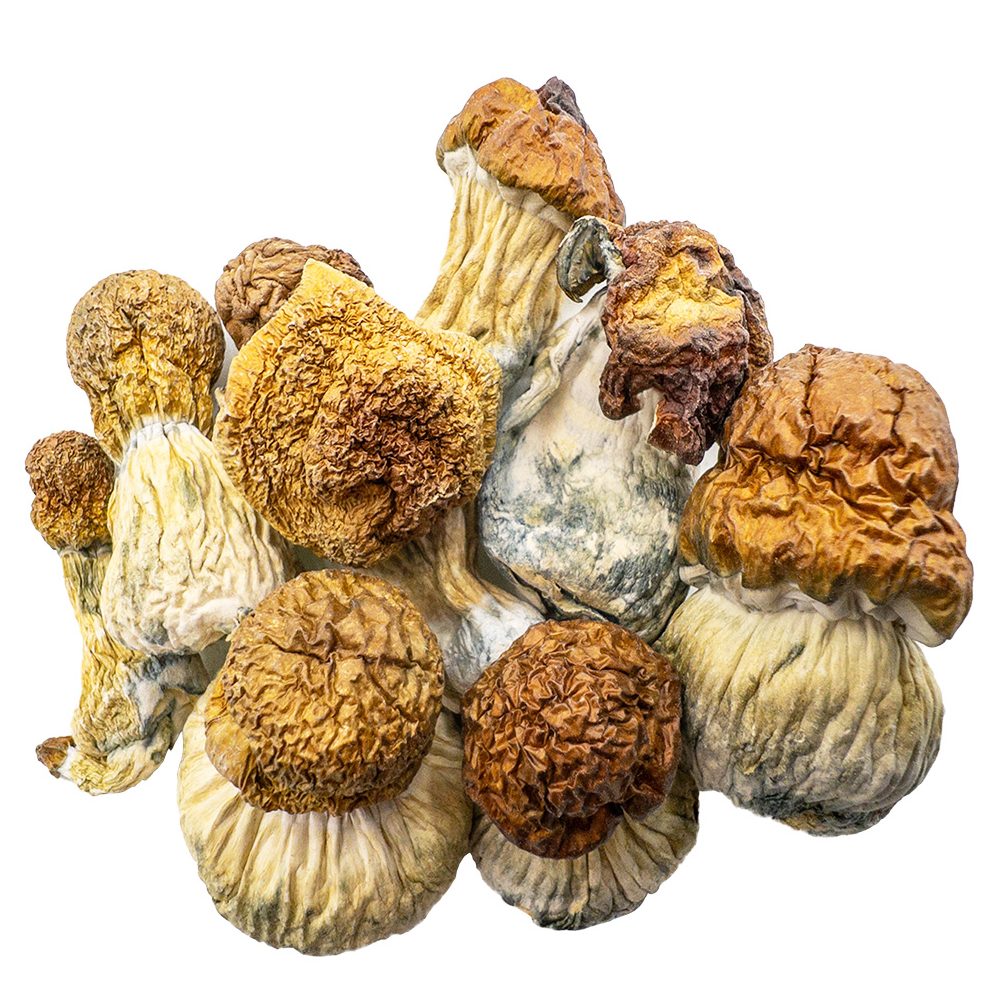

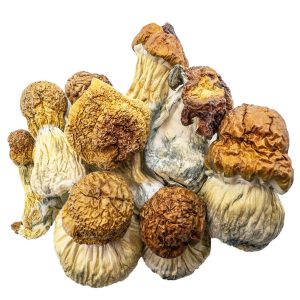
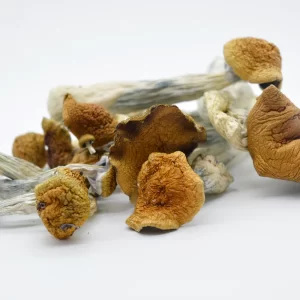

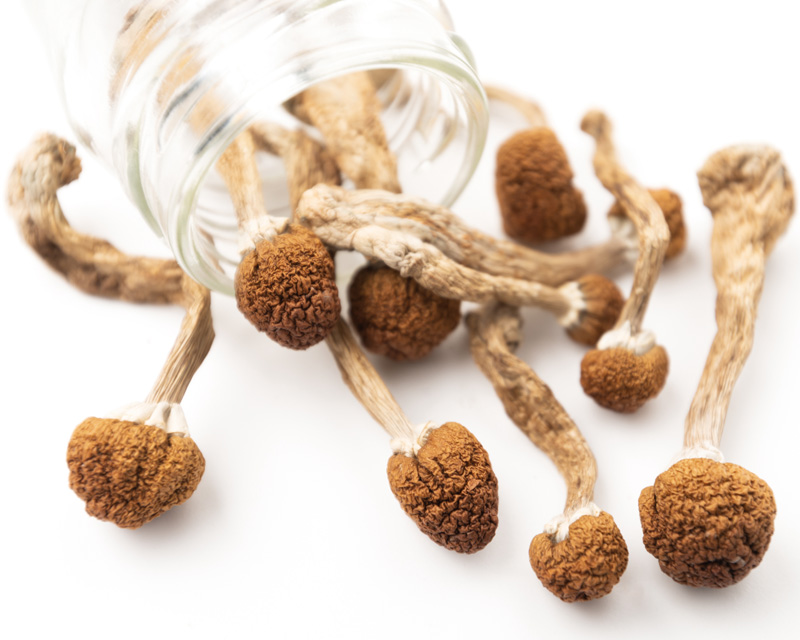




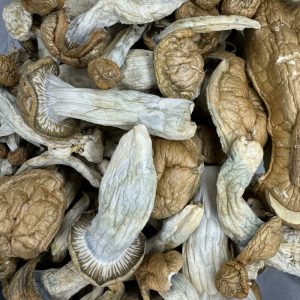
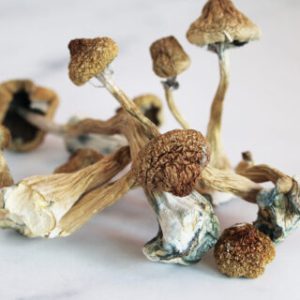
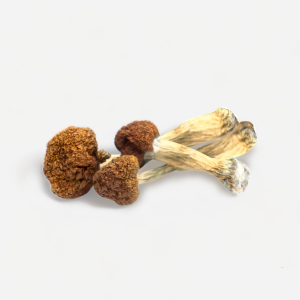

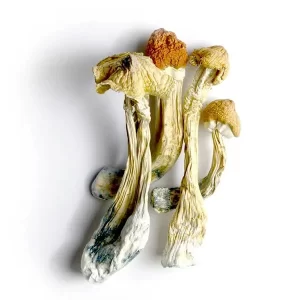






Be the first to review “Blue Meanie Mushrooms in Australia”